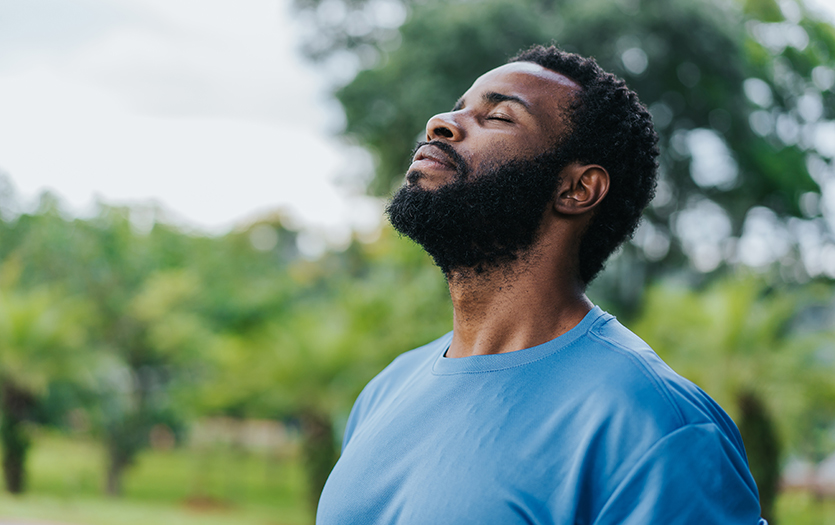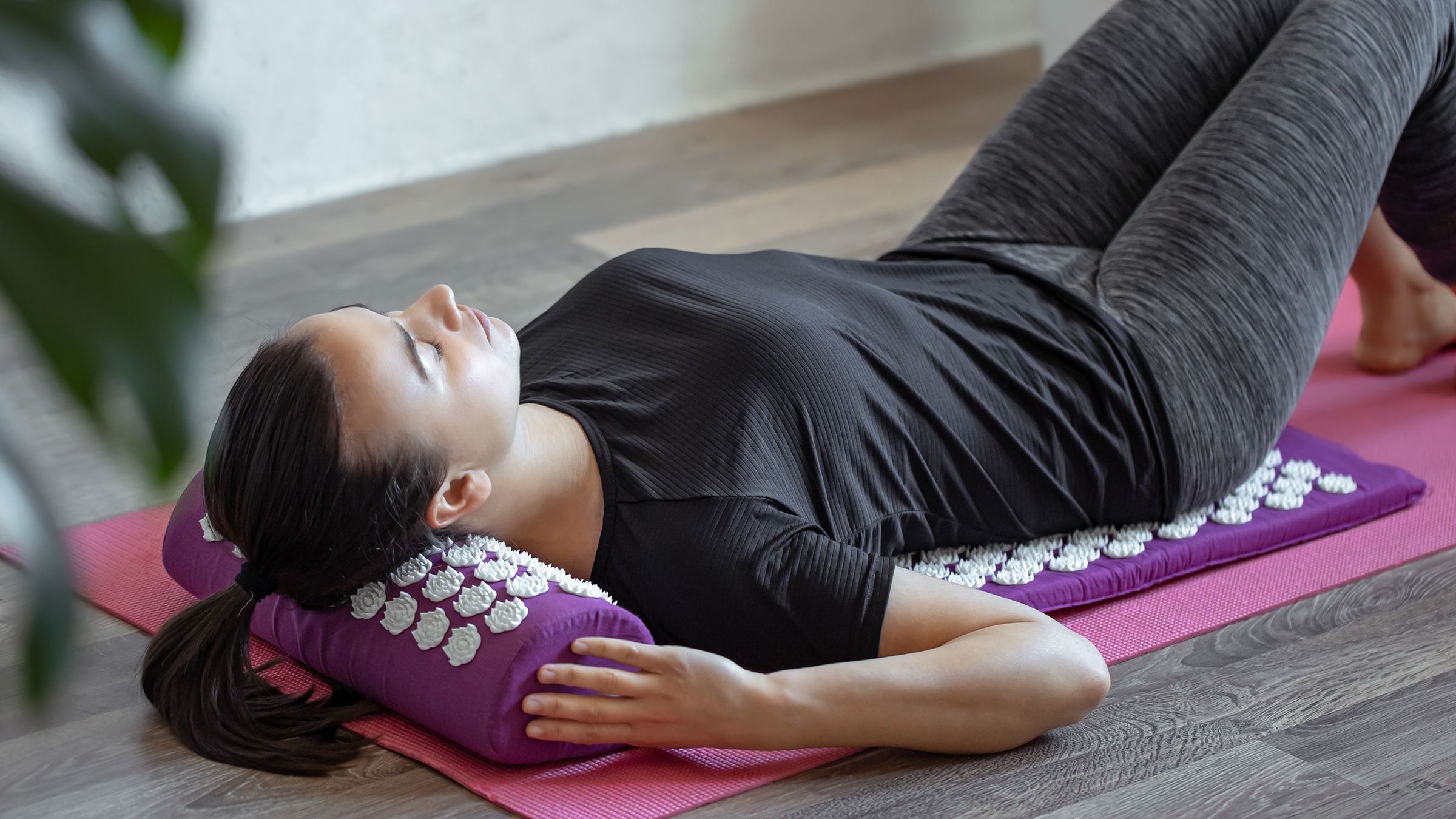In today’s fast-paced world, managing stress and improving well-being has never been more important. More and more people are discovering how breathing exercises reduce stress, promote deeper sleep, and enhance focus. These simple yet powerful techniques calm the nervous system and boost mental clarity—without the need for medication or expensive tools. In this article, we’ll explore how these methods work, which techniques to try, and how you can integrate them into your daily routine for lasting benefits. Numerous studies confirm that breathing exercises reduce stress, making them a simple and effective tool for daily use.
When I first tried breathwork, I was skeptical. But within weeks, it became a daily anchor—especially during stressful moments or when I couldn’t sleep. It’s changed the way I respond to challenges, and I hope this guide does the same for you.
David
What Are Breathing Exercises?
Breathing exercises are deliberate techniques that help regulate your breath to positively affect your physical and mental well-being. Unlike the unconscious process of regular breathing, these methods are performed intentionally to activate specific responses in the body, such as relaxation, alertness, or emotional control.
Scientific research confirms their effectiveness. This study published by Frontiers in Human Neuroscience shows that controlled breathing impacts the autonomic nervous system and improves emotional control and cognitive performance.

Why Use Breathing Techniques?
Breathing techniques are beneficial for a variety of reasons:
Reduce Stress: Activates the parasympathetic nervous system to calm the body.
Improve Focus: Boosts oxygen flow to the brain, enhancing mental clarity.
Promote Better Sleep: Helps transition the body into a restful state.
Increase Lung Capacity: Particularly beneficial for athletes and performers.
Emotional Regulation: Helps manage anxiety, anger, and nervousness.
Popular Types of Breathing Techniques
Here are several scientifically backed methods, each suited for different goals:
Box Breathing (great for stress and anxiety): Breathe in for 4 seconds, hold for 4, exhale for 4, hold again for 4. Repeat.
4-7-8 Breathing (ideal for sleep): Inhale for 4 seconds, hold for 7, exhale for 8. Repeat 4–8 cycles.
Alternate Nostril Breathing (balances energy and calms nerves): Inhale through one nostril, exhale through the other, then switch.
Wim Hof Method (boosts energy and focus): Deep cyclical breaths followed by breath retention.
Coherent Breathing (promotes heart-brain harmony): 5–6 breaths per minute, usually in sync with a pacing app.

Want even more natural ways to relax and recharge?
Discover how a simple mat can help you reduce tension, improve your energy flow, and support deeper sleep—just like breathing exercises. A perfect companion to your new wellness routine.
Read ArticleHow Breathing Exercises Reduce Stress Effectively
Box Breathing is often recommended for immediate stress relief. It’s used by high-performance professionals including Navy SEALs, first responders, and athletes.
Steps:
Sit comfortably with your back straight.
- Inhale slowly through your nose for 4 seconds.
- Hold your breath for 4 seconds.
- Exhale gently through your mouth for 4 seconds.
- Hold again for 4 seconds.
Repeat for 5–10 minutes. According to the NIH, this technique helps regulate heart rate variability and reduces cortisol levels, making it highly effective for stress management.
I use box breathing before presentations and 4-7-8 before bed. It’s like having a remote control for my body’s stress response.
David
Best Breathing Technique for Sleep
The 4-7-8 Method, popularized by Dr. Andrew Weil, is a go-to for sleep induction. It promotes parasympathetic activation—helping you unwind naturally.
How to Use:
Inhale through your nose for 4 seconds.
Hold your breath for 7 seconds.
Exhale slowly through your mouth for 8 seconds.
This method has gained traction due to its calming impact on the nervous system. A clinical trial showed it significantly reduced pre-sleep anxiety and shortened sleep latency in patients with insomnia.
Recommended Books on Breathing

Just Breath by Dan Brulé
Hailed by Tony Robbins as the “definitive breathwork handbook,”
In this simple and revolutionary guide, world-renowned pioneer of breathwork Dan Brulé shares the Breath Mastery technique that has helped people in more than fifty countries reduce anxiety, improve their health, and tap infinite stores of energy.
Just Breathe reveals the truth that elite athletes, champion martial artists, Navy SEAL warriors, first responders, and spiritual yogis have always known—when you regulate your breathing, you can moderate your state of well-being.

Breath by James Nestor
A bestselling exploration of how we breathe and its profound impact on health. Modern research is showing us that making even slight adjustments to the way we inhale and exhale can jump-start athletic performance; rejuvenate internal organs; halt snoring, asthma, and autoimmune disease; and even straighten scoliotic spines. None of this should be possible, and yet it is.
Buy Now
The Oxygen Advantage by Patrick McKeown
A bestselling exploration of how we breathe and its profound impact on health. A simple yet revolutionary approach to improving your body’s oxygen use, increasing your health, weight loss, and sports performance—whether you’re a recovering couch potato or an Ironman triathlon champion. With a foreword by New York Times bestselling author Dr. Joseph Mercola.
Buy Now
Breathe: The Simple, Revolutionary 14-Day Program by Dr. Belisa Vranich
Offers structured daily exercises. Dr. Vranich shows readers how to turn back the tide of stress and illness, and improve the overall quality of their life through a daily breathing workout. In a fascinating, straightforward, jargon-free exploration of how our bodies were meant to breathe, Dr. Belisa Vranich delves into the ins and outs of proper breathing. By combining both anatomy and fitness with psychology and mindfulness.
Buy NowConclusion
Consistent practice shows that breathing exercises reduce stress, promote better sleep, and offer a natural path to greater well-being—without needing external tools or medications. Breathing exercises for stress and sleep are simple, accessible tools that can radically improve your life. They’ve helped me sleep deeper, focus better, and approach challenges with more calm and control. Whether you’re overwhelmed at work, struggling to fall asleep, or just looking for better balance—start with just one technique today.
Your breath is the one tool that’s always with you. Learn to use it.



